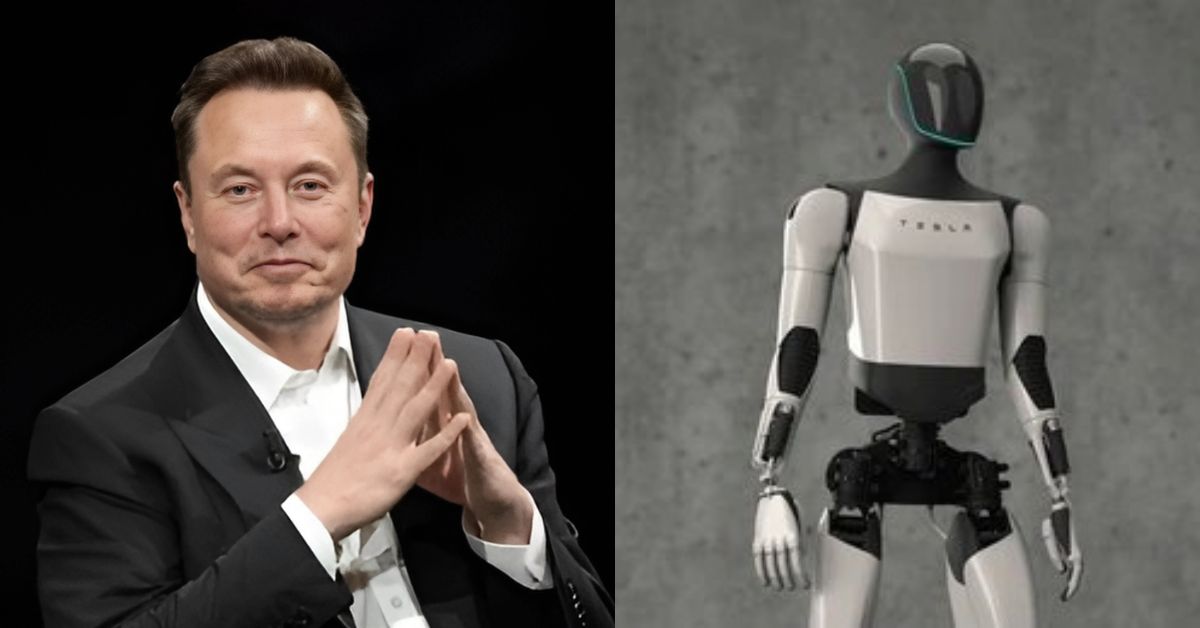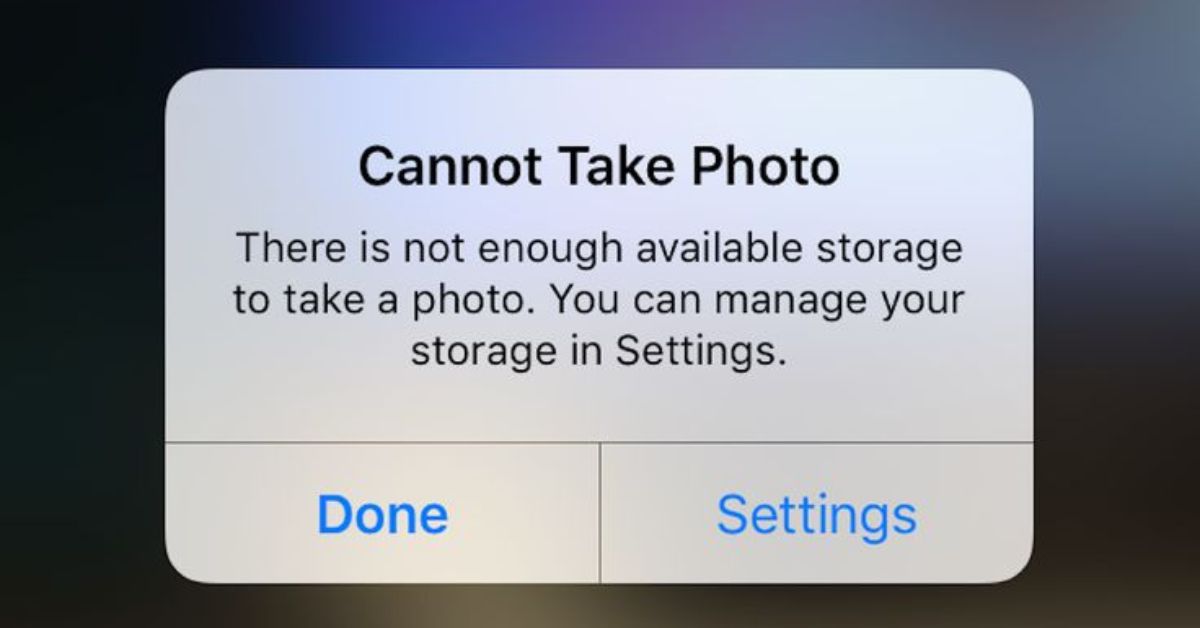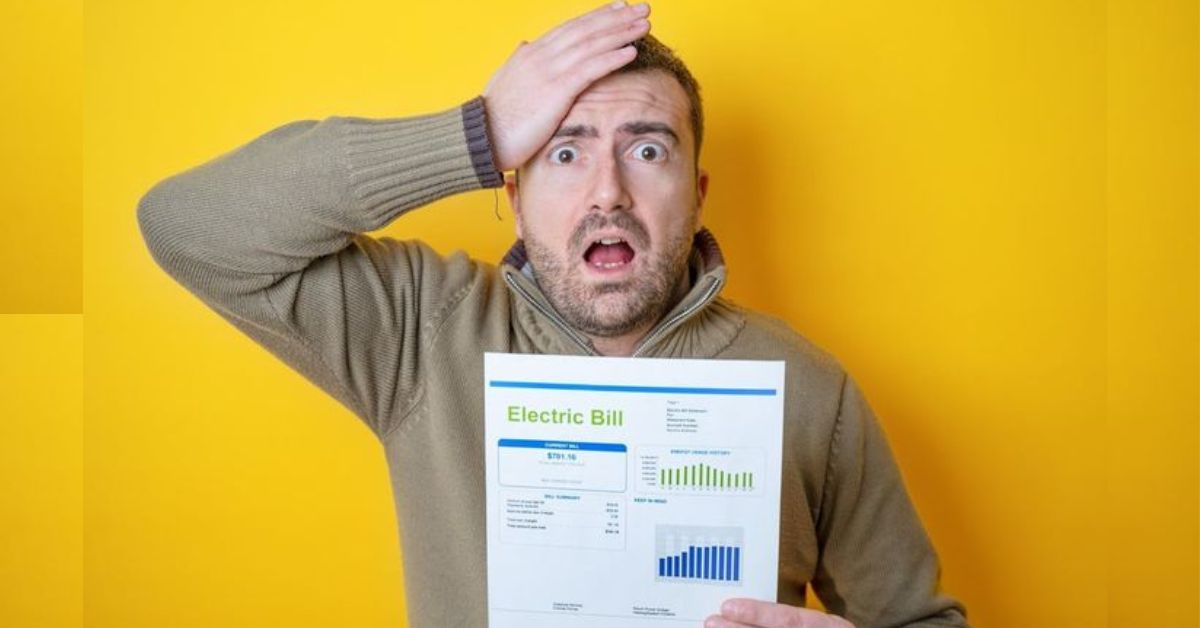On July 31, 2025, tech visionary Elon Musk outlined his belief that artificial intelligence (AI) and robotics hold the key to addressing some of the world’s most pressing challenges, including poverty, hunger, and disease. Speaking about the transformative potential of these technologies, Musk highlighted projects like Tesla’s Optimus robot and Neuralink’s medical innovations as critical tools for improving global living standards. His comments build on previous efforts to tackle world hunger through significant charitable contributions and public challenges to international organizations.
Musk’s Vision for AI and Robotics
Elon Musk, the CEO of Tesla, SpaceX, and Neuralink, has long advocated for technology as a means to solve global issues. In his recent statements, reported by Reuters, Musk emphasized that AI and robotics could revolutionize industries such as agriculture, healthcare, and infrastructure, directly impacting poverty and its associated challenges. He envisions a future where automation and intelligent systems enhance productivity and accessibility, enabling equitable distribution of resources.
Musk’s optimism centers on the idea that technology can address systemic inefficiencies in global systems. By automating labor-intensive tasks and advancing medical treatments, AI-driven solutions could reduce costs and improve outcomes, particularly in underserved regions. His vision aligns with his broader mission to accelerate human progress through innovation.
Tesla’s Optimus Robot and Food Production
One of Musk’s key examples is Tesla’s Optimus, a humanoid robot designed to perform repetitive or dangerous tasks. According to Musk, Optimus could transform food production by automating farming processes, increasing efficiency, and reducing reliance on manual labor. This could lead to higher crop yields and lower costs, addressing food scarcity in regions affected by hunger.
The Optimus project, still in development, aims to create robots capable of tasks ranging from planting and harvesting to logistics. By integrating AI, these robots could adapt to diverse agricultural environments, potentially benefiting small-scale farmers in developing nations. Musk believes that such advancements could play a pivotal role in ensuring global food security, a critical step toward alleviating poverty.
Neuralink’s Role in Healthcare
Musk also pointed to Neuralink, his neurotechnology company, as a potential game-changer in combating disease. Neuralink is developing brain-computer interface technology to treat neurological disorders and enhance human capabilities. Musk highlighted its potential to address conditions such as paralysis, blindness, and mental health disorders, which disproportionately affect low-income populations.
By making advanced medical treatments more accessible, Neuralink could reduce the burden of disease in impoverished communities. Musk envisions a future where AI-driven diagnostics and treatments lower healthcare costs, enabling broader access to life-saving interventions. This could improve quality of life and economic productivity in regions where healthcare infrastructure is limited.
Musk’s History of Addressing Global Challenges
Musk’s recent comments build on his track record of engaging with global poverty and hunger. In 2021, he publicly challenged the United Nations to provide a detailed plan for solving world hunger, pledging $6 billion from his personal wealth if the plan was viable. While the UN responded with a proposal, the initiative did not fully materialize, but Musk’s commitment to philanthropy was evident.
Through the Musk Foundation, he has donated significant sums to causes such as renewable energy, education, and disaster relief. These efforts reflect his belief that technology and philanthropy can work in tandem to address systemic issues. His latest statements on AI and robotics extend this philosophy, focusing on scalable, tech-driven solutions to global problems.
Potential Impacts of AI and Robotics
Musk’s vision for AI and robotics encompasses several areas where these technologies could make a difference:
- Agriculture: Automated systems like Optimus could increase food production efficiency, reducing hunger in vulnerable regions.
- Healthcare: Neuralink’s innovations could provide affordable treatments for chronic conditions, improving health outcomes.
- Infrastructure: AI-driven logistics and construction could lower costs for building schools, hospitals, and housing.
- Education: AI tools could enhance access to learning resources, empowering individuals to escape poverty through skill development.
These applications highlight the transformative potential of AI and robotics, though their implementation faces significant hurdles, including cost, accessibility, and ethical considerations.
Challenges to Musk’s Vision
While Musk’s ideas are ambitious, they come with challenges. Developing and deploying AI and robotics on a global scale requires substantial investment, infrastructure, and regulatory frameworks. In many impoverished regions, lack of electricity, internet access, and technical expertise could limit the adoption of these technologies.
Additionally, ethical concerns about AI, such as job displacement and data privacy, must be addressed to ensure equitable benefits. Critics, as noted in The Guardian, argue that prioritizing high-tech solutions could divert resources from immediate needs like food aid or clean water. Musk’s vision will require collaboration with governments, NGOs, and local communities to overcome these barriers.
Broader Context of AI in Global Development
Musk’s advocacy for AI aligns with growing interest in technology as a tool for sustainable development. Organizations like the World Bank and United Nations have explored AI applications in agriculture, healthcare, and education, with pilot projects showing promise in regions like Sub-Saharan Africa and Southeast Asia. For example, AI-powered crop monitoring has improved yields in Kenya, while telemedicine platforms have expanded healthcare access in India.
However, scaling these solutions globally remains a challenge. According to The New York Times, disparities in technological infrastructure and funding often limit the reach of AI initiatives in low-income countries. Musk’s high-profile endorsement could draw attention to these efforts, potentially attracting investment and fostering partnerships.
Economic and Social Implications
The widespread adoption of AI and robotics could reshape economies and societies. In agriculture, automation could reduce labor costs but also disrupt traditional farming communities, requiring retraining programs to support displaced workers. In healthcare, Neuralink’s innovations could democratize access to advanced treatments but may face regulatory hurdles and public skepticism about brain-computer interfaces.
Musk’s focus on poverty alleviation through technology also raises questions about funding and prioritization. While his companies are driving innovation, the financial burden of implementing these solutions globally could fall on governments and international organizations, necessitating a coordinated approach.
Industry and Public Reactions
Musk’s comments have sparked discussion among industry leaders and policymakers. Tech executives, as reported by Bloomberg, have praised his vision for highlighting AI’s potential, while development experts caution that technology must complement, not replace, traditional aid efforts. Public reactions, visible on social media platforms, range from excitement about AI’s possibilities to skepticism about its practicality in addressing complex social issues.
Investors in Tesla and Neuralink are closely monitoring these developments, as Musk’s statements could influence the companies’ strategic priorities and market perceptions. The broader tech sector, including competitors like Amazon and Microsoft, is also advancing AI solutions for social impact, creating a competitive landscape for innovation.
Future Prospects
Musk’s vision for AI and robotics is still in its early stages, with projects like Optimus and Neuralink years away from widespread deployment. Tesla plans to showcase Optimus prototypes in 2026, while Neuralink is conducting clinical trials for its brain implants. The success of these initiatives will depend on technological breakthroughs, regulatory approval, and partnerships with global stakeholders.
As Musk continues to advocate for technology-driven solutions, his influence could shape the global conversation on poverty alleviation. His ability to translate ambitious ideas into tangible outcomes will be critical to realizing this vision.
Conclusion
On July 31, 2025, Elon Musk outlined his belief that AI and robotics, including Tesla’s Optimus and Neuralink’s innovations, could address global poverty, hunger, and disease. He highlighted their potential to enhance food production and healthcare access, building on his past charitable efforts, such as a $6 billion pledge to combat world hunger. While the vision is ambitious, challenges like infrastructure, cost, and ethical concerns remain. Musk’s advocacy underscores the growing role of technology in tackling global issues, with ongoing developments at Tesla and Neuralink shaping the path forward.
Sources & References:
- Reuters
- Bloomberg
- The Guardian
- The New York Times
- Forbes
Author
-

Connor Walsh is a passionate tech analyst with a sharp eye for emerging technologies, AI developments, and gadget innovation. With over a decade of hands-on experience in the tech industry, Connor blends technical knowledge with an engaging writing style to decode the digital world for everyday readers. When he’s not testing the latest apps or reviewing smart devices, he’s exploring the future of tech with bold predictions and honest insights.







